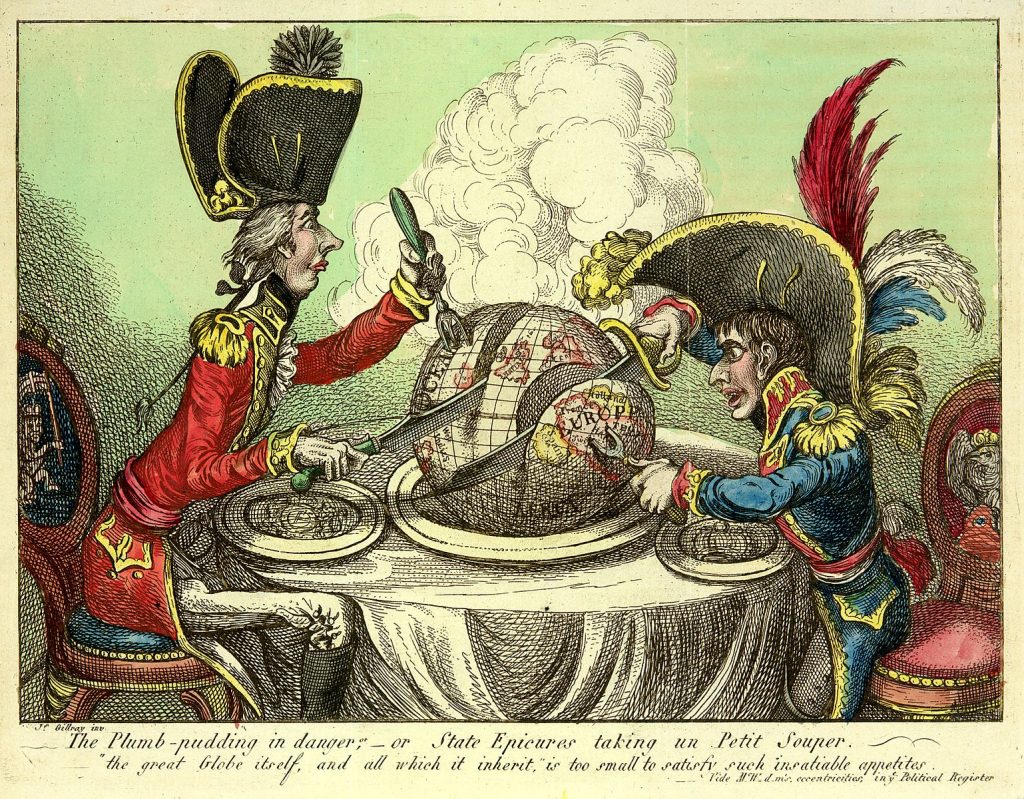“Sustainability”, from Lexicon for an Anthropocene Yet Unseen explores how language barriers between different cultures has affected the current environmental dilemma. The United Nations has dedicated time to concoct plans for sustainability regarding the natural world, however this has caused some unintentional issues; an example being that the word “sustainability” does not directly translate to Spanish. In Spanish, it could potentially possess two different definitions: “to be maintained over time” or “a sense of being reasonable” (Maldonado, Meza, Yates-Doerr).
One of the problems that arises has to do with people assuming that the rest of the world understands the same words but, in reality, they do not. This results in the problem that if a group of people – a large population due to approximately 5.85% of the world’s population speaks Spanish (https://www.listsworld.com/top-10-languages-most-spoken-worldwide/) – does not understand a goal set forth by the United Nations. If this occurs, then the human race cannot cohesively work together towards the common outcome of restoring and sustaining the environment. It creates a split and is therefore more of a burden if everyone wanting to save the planet is not on the same page. Another issue this miscommunication causes as a result of the first is that this leads them to find different solutions to their common problem, which works against each other because of their different interpretations of the term “sustainability”. Opposing solutions become problems because the populations would not be working together to power one large fix to the obstacle, they instead, formulate smaller solutions and do not have a shared mindset.
However, if this hurdle were to be overcome, then we would still have to deal with consequences of modernity and its negative affluences it has had on the environment. Perhaps the question is not: what should we invent that could help sustain the environment? But instead, “what sustainable strategies could we find and repurpose for the current time period?” Advancing technology, while it can be extremely beneficial, can also be detrimental and why not find clean and renewable resources in the past that can also be used in the present day, as a woman named Doña Marta was able to utilize goat feces as fertilizer and their urine as an insecticide (Maldonado, Meza, Yates-Doerr).
Fixing the environmental deterioration needs to be a combination of teamwork between countries and therefore an understanding of possible roadblocks that could come with translation. In addition, being aware that the future is not always the best place to look to for solutions to this dilemma, we need to recognize the past as being a possibility too.









